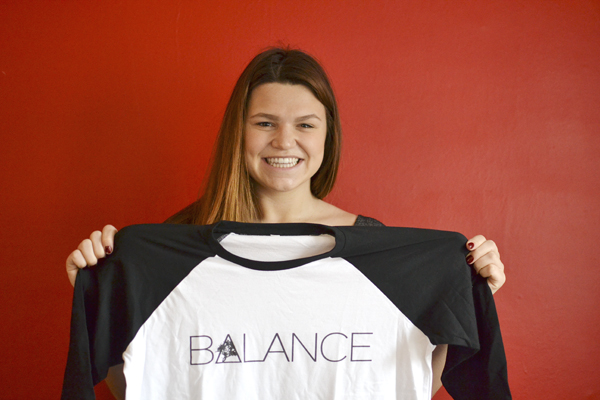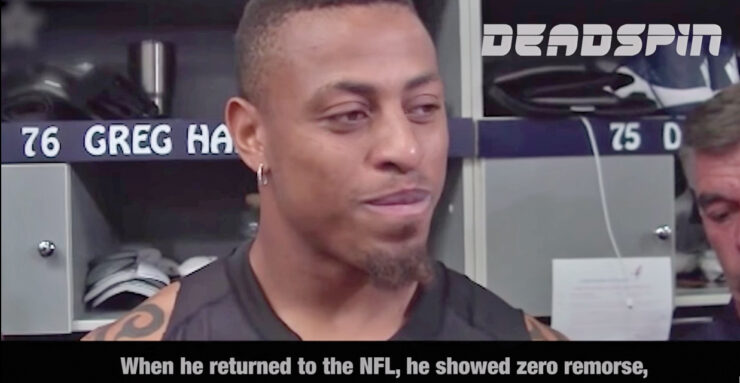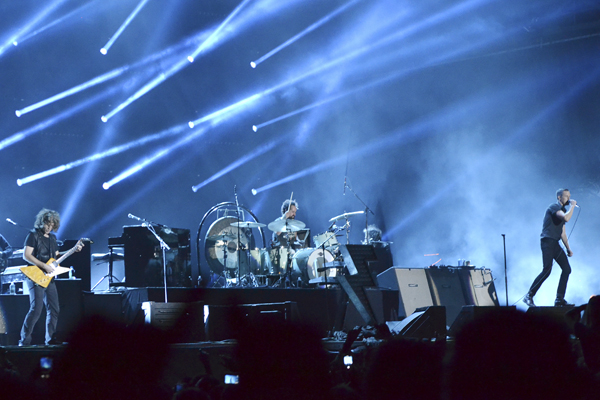Local social enterprise wants to show you how your clothes are made
Photo: Jessica Eritou
As much as we enjoy cheap T-shirts and jeans, fast fashion comes with a hefty ethical price.
A group of University of Ottawa students knows this, and they’re looking to invest in overseas development with their new social enterprise, The Balance Project.
Founded in December by Kim Kirton and Levena Galpoulous, both in second year studying international development and globalization, the initiative’s mission is to educate and inform consumers about better clothing choices. Its sister company, simply called Balance, plans to offer T-shirts that are eco-friendly, sustainable, and ethically-sourced.
When the founders starting attending sustainability conferences, Kirton says she started to look for an alternative outlet to shop for her clothes. Since she couldn’t find anything herself, she decided to do it on her own by launching the label.
Rachel Farewell, co-director of communications, director of web design, and a fellow student in the same year and program, says it’s about providing a clothing alternative that’s both fashionable and ethical.
“The cool thing about social entrepreneurship is that you’re profiting businesswise but you’re also profiting for the development of the communities as well,” says Farewell.
The team believes that every aspect of a garment should be traceable to where it was manufactured. The Balance Project website features an interactive map with details about the organic cotton farms where their shirt material originates, the workshops for cotton ginning, and the camels that help transport their goods from a rural farm in India.
Balance sources local artists to provide artwork for their silk-screened T-shirts. Farewell says when they’re made, each tag on a Balance shirt will likely mention the featured artist along with background on how the shirt was made.
“You can go to the mall and just purchase any product you want, but it’s a matter of knowing exactly where your shirt and where your product comes from, which is different for us because there’s more to it than just purchasing it at the mall for a (low) price,” she says. “It’s about the process and the steps involved.”
Although the group invested their own money into the bootstrapped startup, The Balance Project received support from businesses such as Freshii and Bridgehead and a successful Kickstarter campaign that raised more than $7,100, exceeding its target goal of $6,800.
Part of the funding will be used to make the first 300 T-shirts. T-shirts will cost $20–25, and 20 per cent of the profits will be micro-financed back into India’s agricultural organic cotton farming sector. The farmers will take the funding, grow their businesses, and reimburse the money back to The Balance Project, and the cycle will start again with another farmer.
After the T-shirts, Farewell says tank tops are the next project on the horizon.
“Each step involved is true to what we wanted to become as a company,” says Farewell. “To be a part of that is really cool.”





